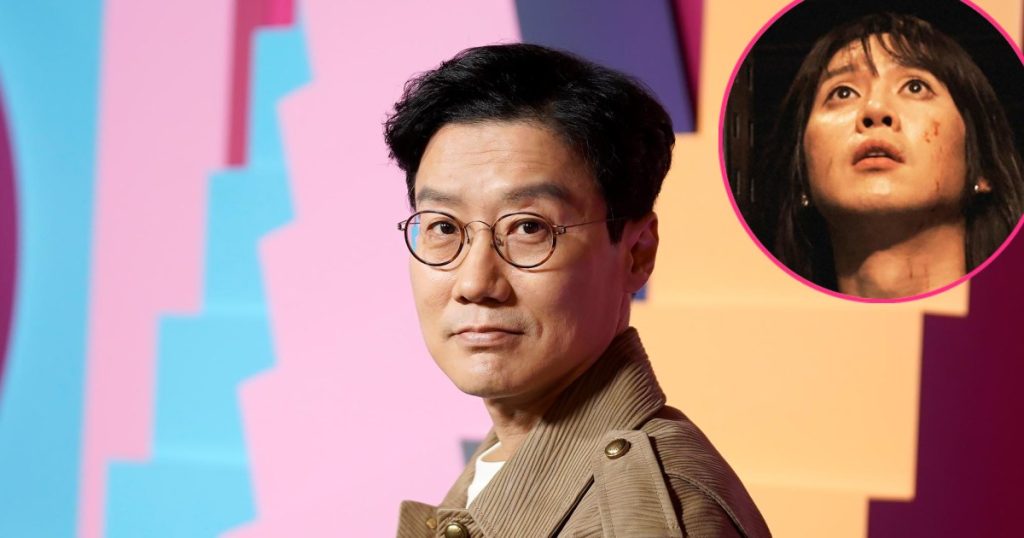Hwang Dong-hyuk, the creative force behind the global phenomenon Squid Game, has addressed the casting of cisgender actor Park Sung-hoon as the transgender character Hyun-ju in the highly anticipated second season. Hwang acknowledged the expectation that a transgender actress might have been chosen for the role, especially given Hyun-ju’s backstory as a former special forces officer driven to compete in the deadly games to fund gender-affirming surgery. The director’s initial intention, he revealed, was indeed to cast an openly transgender actor, aligning with the desire for authenticity and representation.
However, Hwang’s search highlighted a significant challenge: the limited visibility and opportunities for transgender actors in South Korea. He described the LGBTQ+ community, and specifically the transgender community, as facing marginalization and neglect within Korean society. This lack of representation within the acting industry meant that finding an openly transgender actress with the necessary experience and availability was an almost insurmountable obstacle. Hwang’s comments underscored the systemic issues that restrict opportunities for transgender individuals in the entertainment field, contributing to a cycle of underrepresentation.
Faced with the difficulty of finding a suitable transgender actress, Hwang turned to Park Sung-hoon, an actor whose work he had long admired. Hwang expressed confidence in Park’s talent and ability to portray Hyun-ju convincingly. This decision, while understandable given the circumstances, has sparked debate. While acknowledging the limitations he faced, the choice highlights the broader conversation about representation and the importance of providing opportunities for marginalized communities to tell their own stories.
Hwang’s inclusion of a transgender character in Squid Game aligns with the show’s overarching theme of exploring the struggles of marginalized individuals in a society driven by economic disparity and social injustice. The first season showcased characters pushed to extreme measures due to financial desperation, and Hyun-ju’s story expands this narrative to encompass the experiences of those marginalized due to their gender identity. Hwang explained that his intention was to shed light on the challenges faced by the transgender community in South Korea, using Hyun-ju’s journey within the games as a vehicle for raising awareness and fostering empathy.
The debate surrounding the casting of cisgender actors in transgender roles is not new, especially within the Western entertainment industry, where increasing calls for authentic representation have gained significant traction. Advocates argue that casting cisgender actors in these roles perpetuates the harmful misconception that being transgender is merely a performance or costume, rather than a lived identity. This misrepresentation can erase the complexities of transgender experiences and reinforce societal biases. While the entertainment landscape is slowly evolving, with more transgender actors gaining recognition and opportunities, the conversation about authentic casting remains crucial. The ideal scenario, many argue, is for transgender individuals to have the opportunity to portray their own experiences on screen, fostering greater understanding and empathy among audiences.
Despite the controversy surrounding Park’s casting, Hwang remains hopeful that Hyun-ju’s presence in Squid Game will ultimately have a positive impact. He envisions the character’s choices, actions, and overall portrayal within the high-stakes competition as a catalyst for raising awareness about the issues faced by the transgender community. The inclusion of Hyun-ju’s story, regardless of the casting choice, introduces a crucial perspective into the narrative, potentially prompting dialogue and understanding about the complexities of gender identity and the challenges faced by transgender individuals within a society that often marginalizes their experiences. Ultimately, the impact of Hyun-ju’s character will be determined by how her story unfolds and resonates with audiences, hopefully contributing to a more inclusive and representative media landscape.

